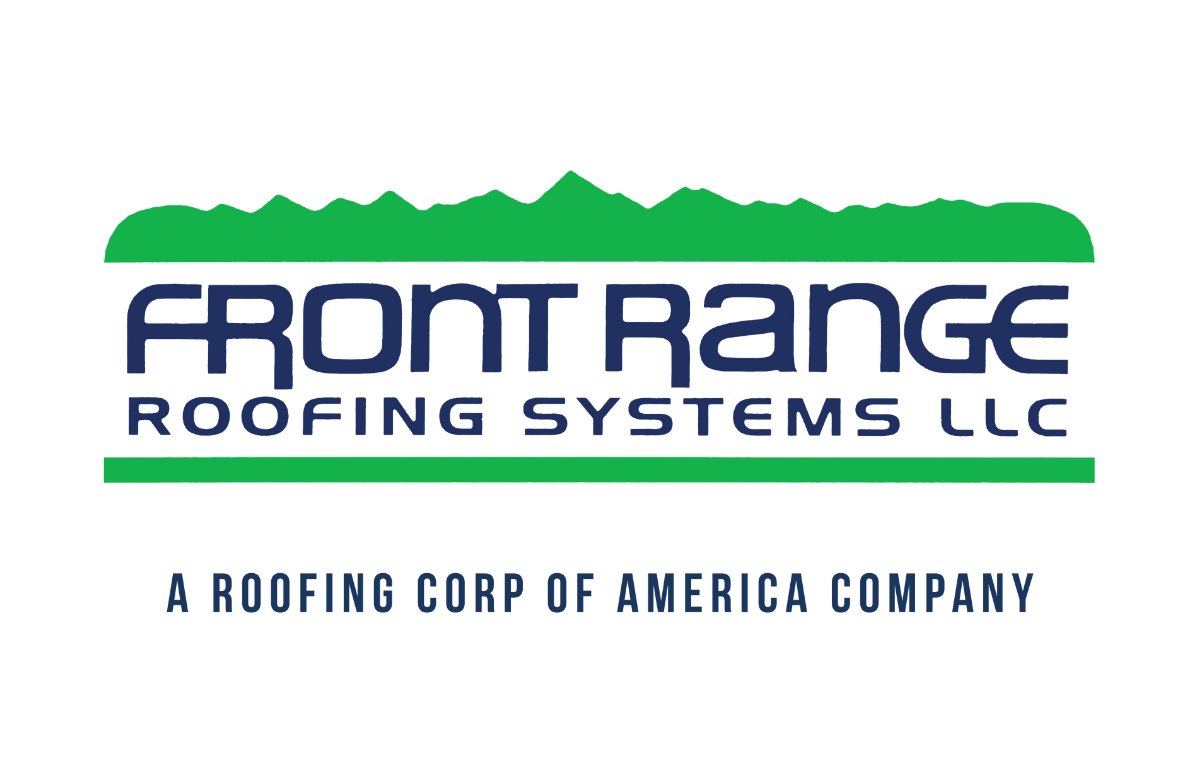Common Commercial Roofing Project Snags That Are Easy to Avoid
If you are about to undergo a commercial roofing project, follow these three pieces of advice to avoid costly issues.
After running commercial roofing projects for over 30 years, Front Range Roofing Systems has learned a lot of tough lessons. We like to share these lessons with you, and hopefully save you thousands of dollars and hours of frustration. No matter how experienced a commercial property owner or general contractor is, we often see common project snags. These three simple recommendations can help make any large-scale roofing projects a lot smoother.
1. Be VERY discerning when it comes to vendor selection for your commercial roofing project.
If you pick a commercial roofing contractor based on the PRICE of their quote alone, you are making a very big mistake. While the price has its place, there are many other important factors to consider. For instance, is their quote for a full replacement or a restoration? How did they come to the decision between replacing and restoring? What kind of safety training does the staff have? Does the company use subcontractors, or are these actual W-2 employees trained by the company? A discerning eye during the vendor selection process is a necessary safeguard. For example, you might avoid time-consuming insurance claims due to an injury on your property, or expensive “fixes” for a poorly executed commercial roofing project. Ask your roofing contractor some of these questions before signing anything:
- Will all the workers on my property be W-2 employees, or do I need to talk to a lot of subcontractors to have my questions answered?
- Have all employees had proper safety training? Please go into detail about the training, along with any special certifications your company/workers might have.
- Is this quote for a full replacement of my commercial roof? Or does this quote only cover a restoration? If it only covers a restoration, can you tell me how you came to the decision that my roof only requires restoration and not a full replacement?
- Is your company and/or the subcontractor’s company insured? It must cover any damage to my property. In the event a worker is hurt on my property during the project, does your company’s workers’ compensation insurance provide adequate coverage?
2. Understand what materials are being used (ask a lot of questions).
Many roofing companies will entice you with a lower estimate but skimp on materials to increase their profit margins. Companies with a long-term vision for growth and reputation know that great service and high-quality materials lead to fewer service calls, more referrals, better reviews, and happier customers. Ask your commercial roofing project contractor what types of roofing materials they use and why. Ask them how much experience they have using those specific materials and whether they have vendor partnerships with these material companies. Ask what they use for flashing, and what their flashing “plan” is for the project (flashing is one of the most important facets of a commercial roofing project). For instance, Front Range Roofing Systems is extremely experienced with:
- Single-ply systems—EPDM, TPO, PVC (adhered or mechanically attached)
- Built-up roof systems—multi-ply hot asphalt & cold adhesive systems
- Torch applied to BUR systems
When we’re working on a bid with a customer, we choose the best roofing system for their project, and we love to explain why—sometimes in great detail. This educates potential customers and allows them to better understand the cost of the project.
3. Hire a company with commercial experience (stay away from residential roofing companies).
We love our residential roofing partners, but commercial projects require a very specific set of skills. Every roof is unique. Small-scale residential projects do not present the same issues as a commercial roofing projects. Your potential vendor should be able to provide commercial references. Avoid the residential roofing company trying to “dip their toe” into commercial roofing. A company needs to get their experience somewhere, but that should not be your commercial roofing project. We sometimes hear about residential roofing companies trying to handle a large-scale commercial construction project. These projects never end well. Common issues that arise are:
- Injuries due to lack of proper safety training
- Leaks due to poor implementation (causing building damage)
- Paying twice for work that should only need to be done once
- Needing a full replacement sooner
Following these pieces of advice can help you avoid these common issues.
The industry has changed when it comes to running commercial construction projects, finding skilled labor, and getting quality construction materials in a timely manner. Some folks may “settle” faster than they did in the past, but it’s important to NEVER rush these projects—or the vendor selection process. As long as you manage yearly roof maintenance well, and understand your commercial roof’s project history, you can be prepared and know your decisions are solid. If you ever have any questions about your commercial roofing project, please reach out to us any time.
